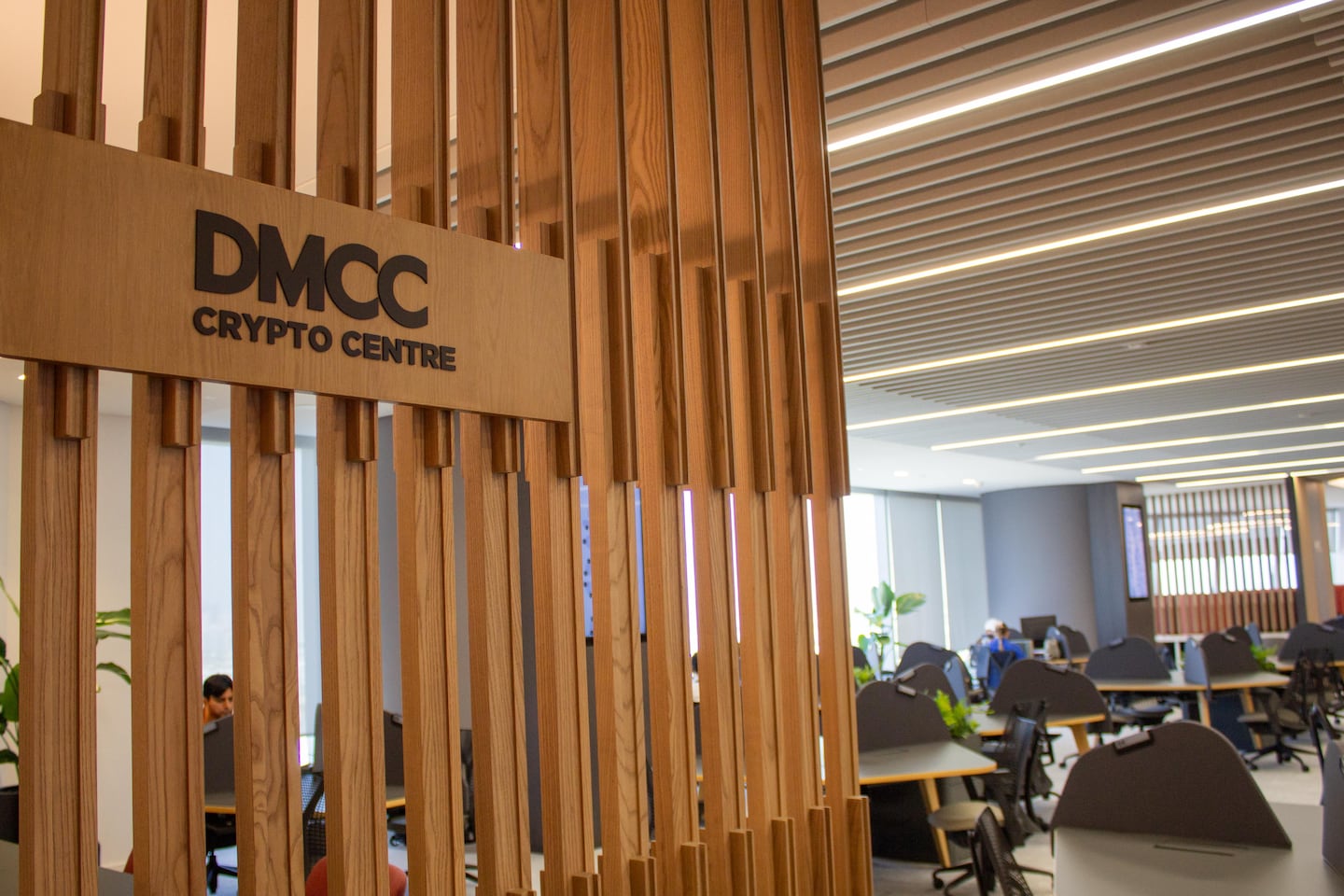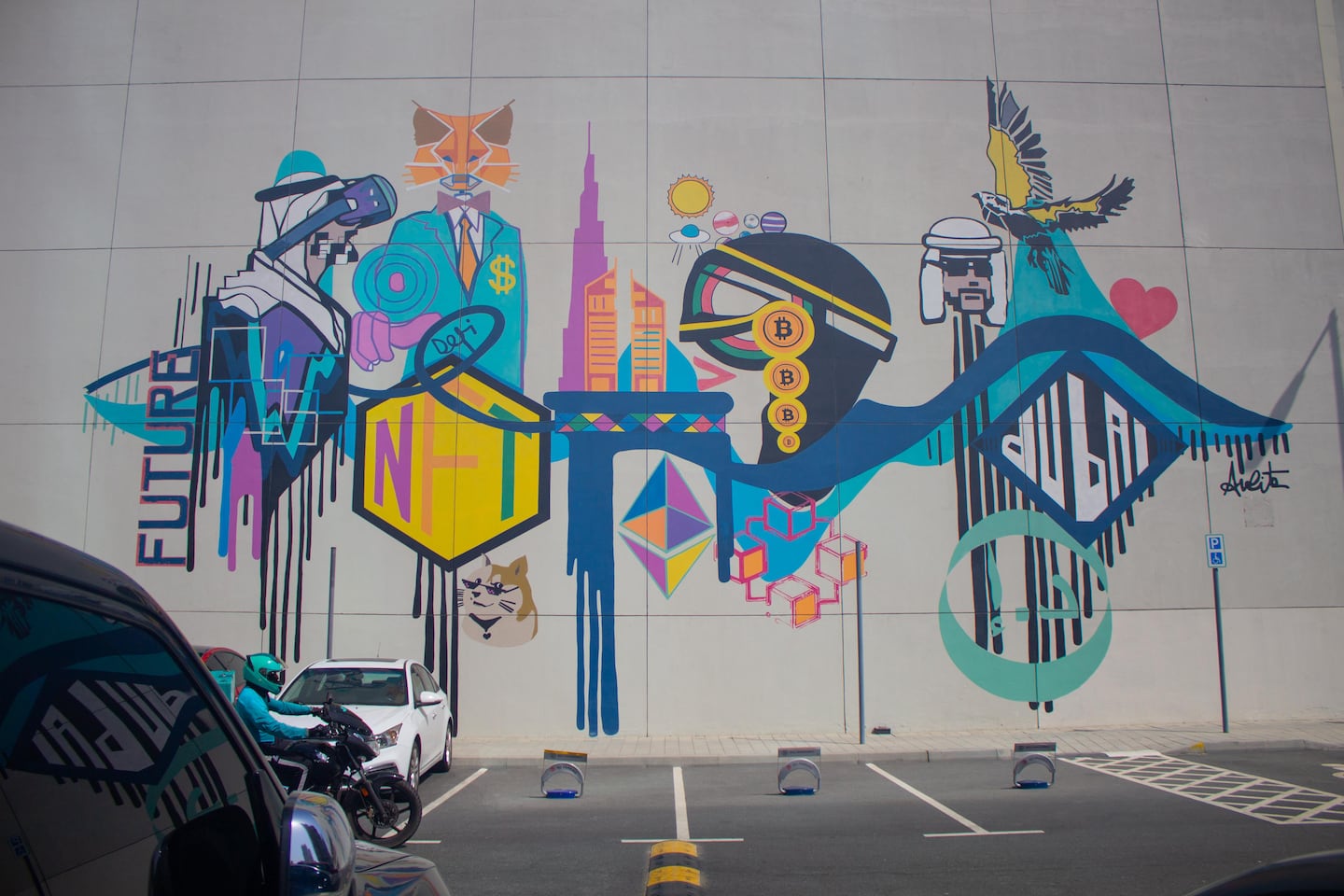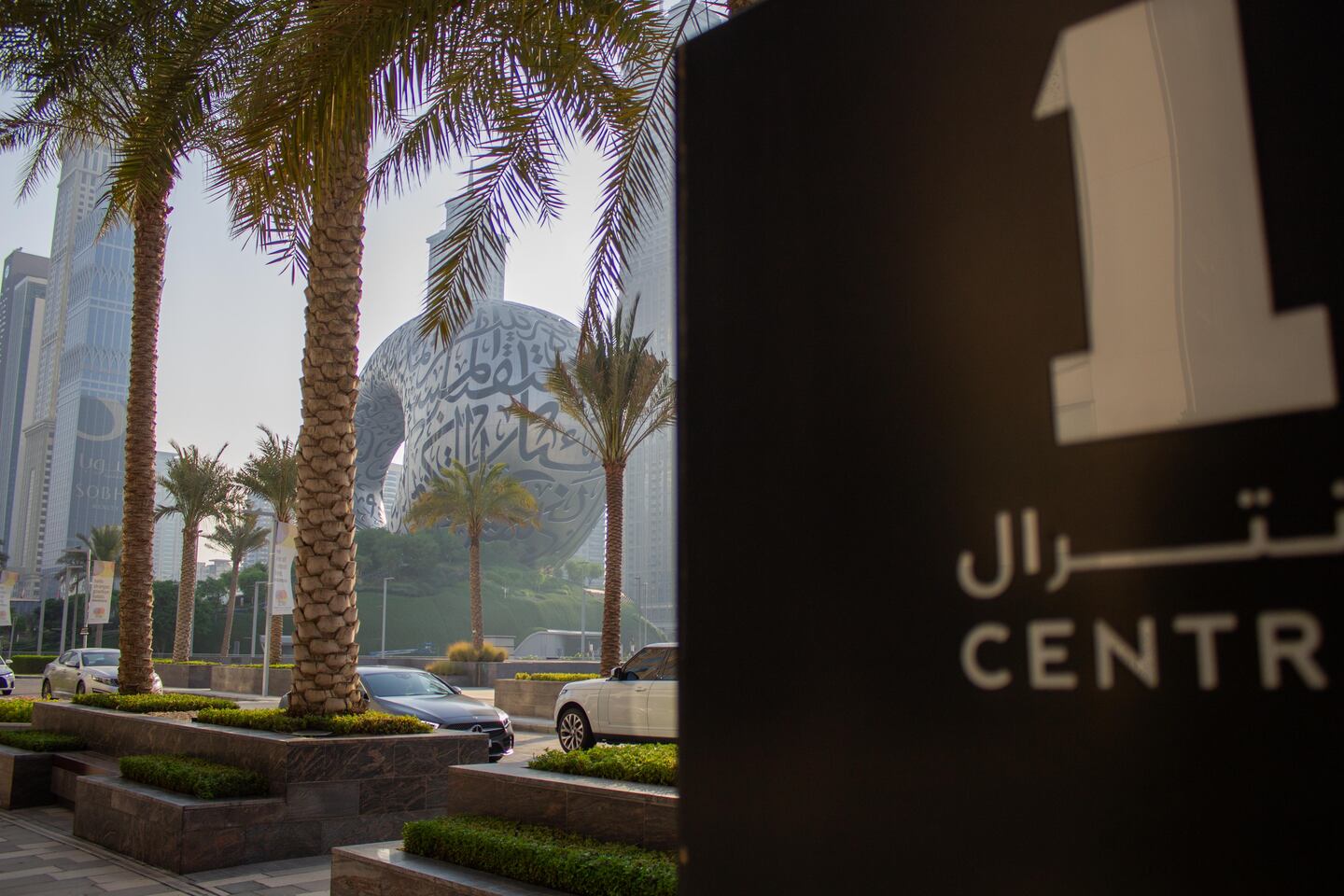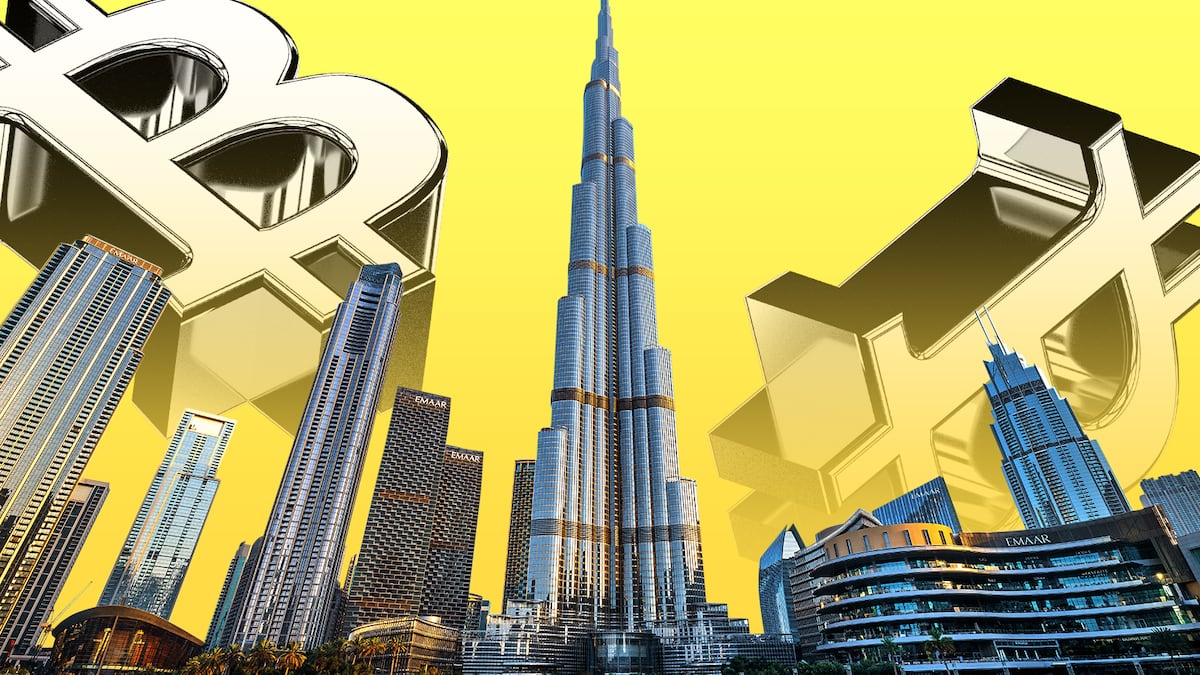- DL News' Dubai correspondent navigates the city's crypto's scene.
- Free zones and regulatory hubs teem with crypto activity.
- Dubai does not levy income taxes.
Dubai’s crypto scene is pumping.
In the 12 months ending in June, investors sent $34 billion in crypto transfers to the United Arab Emirates, which doesn’t levy income tax, according to data from Chainalysis. That’s an almost 42% increase from the prior period.
Dubai, the biggest city in the UAE, has its own digital assets regulator, regularly hosts crypto conferences, and is home to some of the industry’s biggest names, including Changpeng Zhao, Binance’s former CEO, who was recently released from a US prison.
As Asian markets scramble to establish regulatory regimes around crypto and the US girds for changes in the White House and Congress, the Persian Gulf nation has emerged as a stable centre for the industry.
Here’s an inside look at how Dubai’s crypto scene works:
Russian doll
The UAE’s crypto regulatory system is akin to a Russian nesting doll.
The country’s federal government has its own central bank as well as securities and commodities agency, both of which regulate crypto.
Inside the federal government lies the UAE’s seven emirates, which are like provinces or states. Dubai, an emirate in its own right, has its own crypto regulator: the Virtual Assets Regulatory Authority — or VARA, as it’s commonly known.
And the city has a suite of free zones, or geographic locales generally designed to attract specific industries.
Commodities hub
One of these is the Dubai Multi Commodities Centre, or DMCC.
Established in 2002, the free zone caters toward companies that deal in commodities, or goods like gold, tobacco, and coffee.
Since then, the DMCC has expanded to property development and helped plan two districts in southern Dubai. It’s also planted its flag in tech and tried to entice AI and crypto developers to set up shop in the free zone.
Over 600 crypto companies have registered with the DMCC since 2021, according to Belal Jassoma, the free zone’s director of ecosystems.

The DMCC’s Crypto Centre resides in a futuristic, 81-story skyscraper in southern Dubai, where a roving, kiosk-on-wheels helps check in visitors.
Crypto Centre members receive a co-working desk, qualify for UAE residency visas, and become eligible for various crypto licences, among other benefits.
“[The DMCC] has a pretty, I’d say, thriving crypto ecosystem,” Arushi Goel, Chainalysis’ policy lead in the Middle East and Africa, told DL News.
A winding complex
Almost 30 kilometres, or 19 miles, north of the DMCC’s headquarters lies the Dubai International Financial Centre, or DIFC.
Another free zone, it’s a winding complex of interconnected buildings and skyscrapers. Along one stretch lies a suite of office spaces inhabited by crypto firms, and outside stands a mural that is, of course, also an NFT.
Founded in 2004, the DIFC caters towards companies in finance. Firms in the DIFC answer to the free zone’s own financial regulatory authority, whose legal system is modelled after English common law.
Other international hubs for finance, like Singapore and Hong Kong, have similarly structured their legal systems off of the UK’s regime.

“It’s much easier for businesses who come from outside — foreign businesses — for them to adapt,” Goel said, in reference to why companies would choose to set up shop in the DIFC.
Financial giants like Goldman Sachs, Standard Chartered, and even crypto stalwart Ripple have outposts in the DIFC. Smaller crypto companies like Crypto Oasis, a Dubai blockchain accelerator, also have offices in the free zone.
“We want to be positioned closely to these entities, because, at the end of the day, a lot of the solutions that are being built in the space are targeted at these types of companies,” Saed Ereiqat, ecosystem manager at Crypto Oasis, told DL News.
Binance base
One stop north of the DIFC on Dubai’s metro lies One Central. It’s an office complex that houses one of the biggest names in crypto: Binance.
In late 2023, Binance moved into the campus. The crypto exchange has approximately 600 employees in the UAE, according to Vishal Sacheendran, its head of regional markets.

Binance’s fifth-floor office is a cross between a Silicon Valley startup and a traditional finance firm. There’s an imposing welcome desk in the entrance, but nearby lies a games room and bean bag chairs. On one wall, a Binance-branded skateboard is on display.
Binance isn’t the only exchange in One Central. Bybit also has a large office, which sports a Bybit-branded Formula One car. Crypto analytics heavyweight Chainalysis also recently opened an office in the complex.
Regulatory hub
Why is One Central such a mecca for crypto? Partly because of its proximity to VARA.
The regulator, established in 2022, is the world’s only agency solely dedicated to the oversight of digital assets, said Chainalysis’ Goel.
“You want to work with a regulator that’s willing to listen to you,” said Sacheendran.
For the Binance executive, it’s obvious why his exchange and other crypto companies have set up shop an approximately 15-minute walk from VARA.
“What are the advantages of always having your regulator on speed dial?” he said. “If there’s something that you guys want to discuss, we always jump on a call. But if there’s something that makes better sense meeting in person, it’s easy.”
Ben Weiss is DL News’ Dubai Correspondent. Got a tip? Email him at bweiss@dlnews.com.
Correction, October 30: A previous version of this article misstated the floor on which Binance has its office. It’s on the fifth, not the eighth floor.
